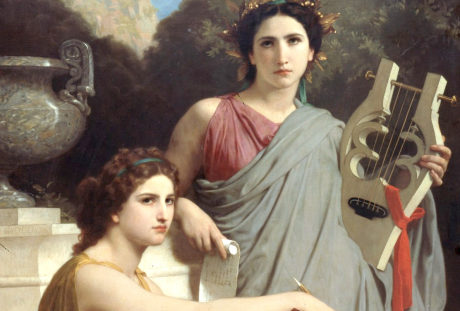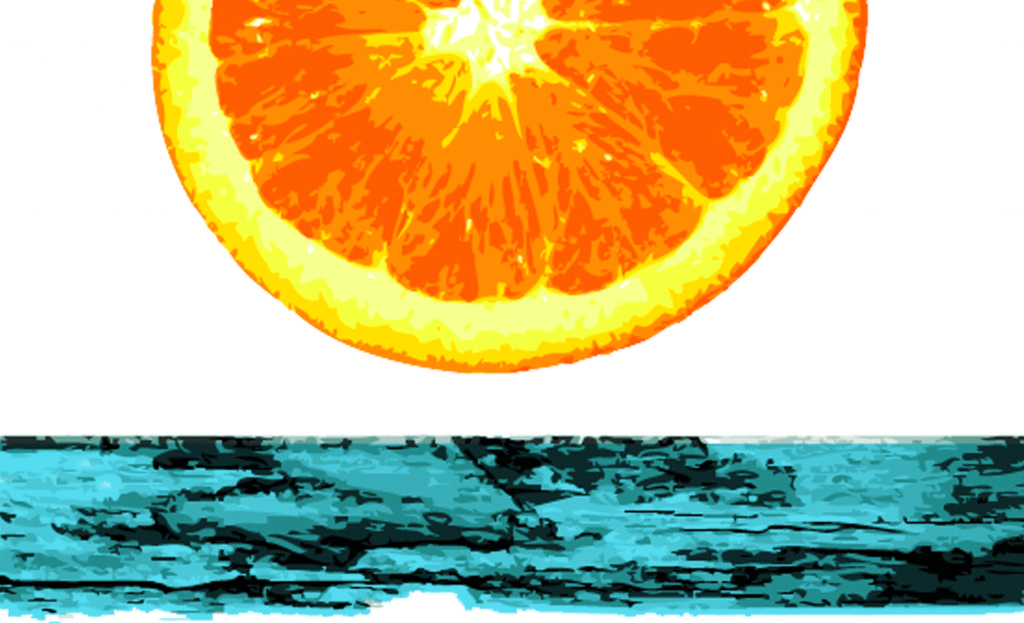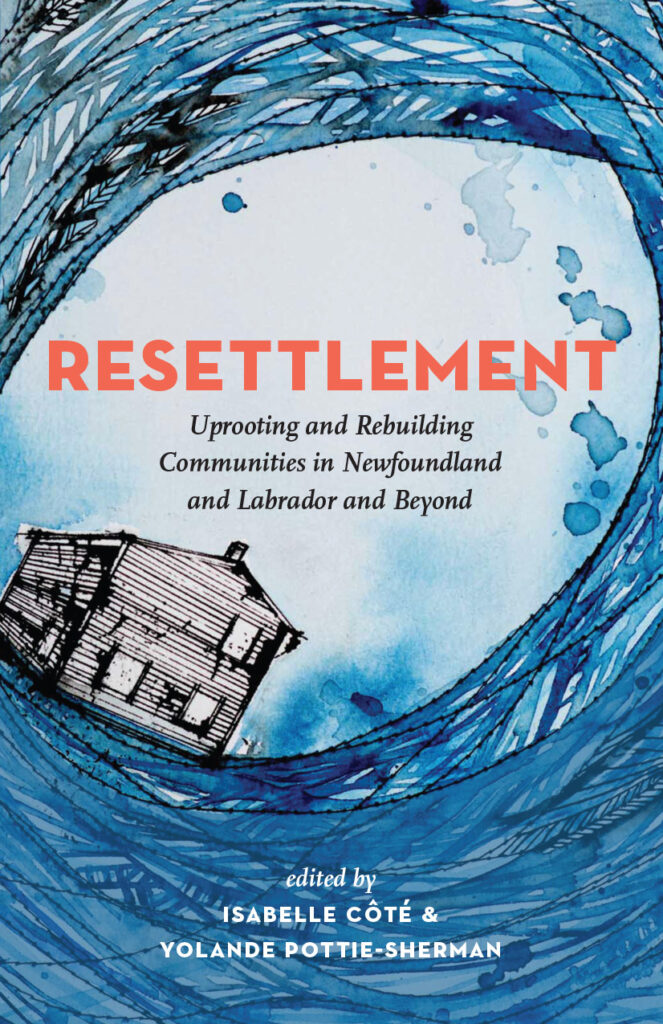The line between fiction and biography is much blurrier, and I am much less interested in that line: part two of our conversation with Eva Crocker and Lisa Moore
February 2024
Is there a difference between, or even a line between, fiction and biography?
LM. It’s a really good question and five years ago, ten years ago, I would have said no, it’s definitely fiction, yes some of it came from life, but it’s been manipulated, and that answer still holds, except for me now the line is much blurrier and I am much less interested in the line. I don’t care if it’s one or the other, I want it to be truthful, and I think fiction and non-fiction each can be truthful in different ways. Maybe it has to do with getting older, I don’t have time to separate the two anymore, I just have to forge ahead and get it down.
EC. I was thinking about this yesterday, because there was somebody in my workshop who had said that everything I write is based on my real experiences, it’s non-fiction, but it was very creative. What is creative non-fiction? Is it fact-checked? There’s an assumption that it’s true. That’s blurry.
LM. What I’ve noticed in myself is allowing that blur, because for a long time it felt like something that I had to be clear about, in myself, even if I didn’t admit it publicly, but now I realize that actually is it blurry. Not just for writers but for everyone. The truth is blurry. And I’m ok with that ambiguity.
There’s a bullying incident in Living that has also popped up in two of Lisa’s novels – did that really happen?
EC. It did happen to me. I don’t know what mom is doing using it twice in a row. (laughs)
LM. I think that incident was traumatizing for Eva, and I think that it as her mother when I found out about it it was traumatizing for me. Returning to it, I did that sub-consciously, when I wrote about it a second time because the context changed the story for me, so I didn’t know I had done that. I think it was a way of trying to figure it out. You just want to know why or how. It was violence between young girls and that’s horrific.
EC. Maybe not that specific thing but it’s a common experience many people have. I don’t know if I’d say I was traumatized by it. But it did stick in my memory in an intense way that made me want to write about it. This feeling of having an image in your mind and it comes really easily, and when it’s done you’re like oh this works. And then mom did say you can’t use that, I used it. And I said, well it happened to me so I’m using it.
LM. It’s true I shouldn’t have written about it and I certainly shouldn’t have written about it twice. (laughs) I think many authors return to particular images that haunt them. It’s something that happens in all kinds of literature. There are reasons that those things haunt.

You both teach. Is that strictly a way to make a living, or does it help you as an artist? Or both?
LM. I didn’t go into to it to make a living, I went into because I love it. Especially at the university there is the opportunity to very easily connect with people who are working on all kinds of ideas in all kinds of different disciplines. I find that very exciting and very invigorating. I feel that people are on the cutting edge of exploring what the world is. And in a classroom you’re talking about how to make great work, that’s all you’re talking about and I find that very inspiring. Don’t get me wrong, I am very grateful for a paycheck, I know how very lucky I am.
EC. I do a creative writing workshop, I really love it, I do it through the Quebec Writers Federation right now, I’ve done it through different organizations, and offer it myself. I love teaching it and talking to other people about writing and getting to read their stuff. I’ve been doing it since 2020, mostly online. Some of my closet friends in the city are people I’ve met doing that. We exchange work. It’s very important to me.
Your household here in St John’s always had a certain type of artistic focus – there was no TV for example.
EC. I was just thinking about this today because I feel like mom is always doing something, she does make visual art, and all these different projects, like if there’s gotta be a birthday card for somebody do a watercolour, always an opportunity to explore doing something creatively, which I really appreciate. And there’s not so much of a preciousness to it, that you could just make art at any opportunity and not worry too much if it was fucked up or not.
LM. And your father [sociologist Stephen Crocker], he was always shooting movies and editing them, they were also little experiments. And he took lots of photographs.
Do you guys want to ask each other a question?
LM. Eva I know you’re writing short stories, because you told me, but I get the feeling from talking to you that that’s giving you a certain kind of new freedom. And maybe to explore things that we don’t traditionally think of as auto-biographical. Is that true, or if it isn’t, why are you excited about returning to that form?
EC. I think because a novel is this endurance project where you have to keep a lot in your head by the end of it, and everything has to work out logistically, and for me there’s more permission to be weird in short fiction, and find a strange image and explore what is the meaning of this, and then you don’t have to necessarily make sure that everything’s going to make sense over 300 pages or whatever. You can just be in an unusual moment and sit with it. Mom, I actually don’t know what you are working on now?
LM. I’m working on a book that is not fiction, about a man named Jack Whalen, who was kept in solitary confinement at the Whitbourne Boys Home for a total period of approximately two years. For periods as long as three months. No sunlight, no natural light, even through a window. No conversation, no contact with his family. We’re writing it together. We go through every single line and he makes me take it out if it isn’t how it happened. I am making it read as a novel, and maybe that’s a terrible thing to do, and I don’t even know what that means, but it means I explore the thoughts of people like his mother, what I imagine her thoughts were, and I check with him, would your mother have thought that? And he tells me yes and no, when I’m right or wrong. It’s quite out there in terms of form, it’s very different for me, completely different. And the authorship is completely shared.
Lisa Moore is the author of nine novels and short story collections, including her most recent book, This Is How We Love. She has been nominated and long listed for such prestigious awards as the Giller Scotiabank and the Man Booker, and her novel February won Canada Reads in 2013 and has been adapted into an opera by Opera on the Avalon. Eva Crocker has also published short fiction and novels and All I Ask won the BMO Winterset Award in 2020. NQ spoke to Eva Crocker in Montreal; Lisa Moore joined us by Zoom.
(Photo credit: Ritchie Perez)



